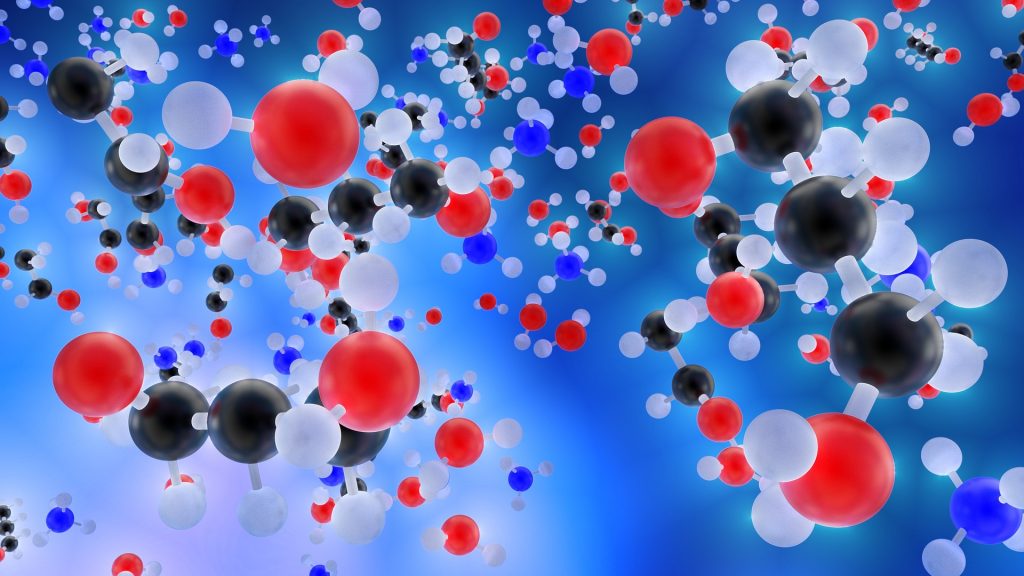QC Ware is launching a quantum chemistry software-as-a-service platform that leverages Nvidia GPUs and runs on the Amazon Web Services (AWS) cloud to drive accelerated pharmaceutical, chemical, and materials discovery.
Analyzing complex chemical reactions and how materials and molecules interact has been an early target use case for quantum simulations, inspiring partnerships between the likes of D-Wave and Polarisqb, and IBM and Algorithmiq, among other projects. QC Ware has worked on developing quantum algorithms for finance and other sectors, but also has been especially focused on chemistry and material science, with efforts that include a partnership with Covestro announced last year.
Now, the company’s new Promethium platform is being aimed at medicinal, organic, inorganic, analytical, and process chemists working throughout the industrial chemical landscape, including advanced computational chemists or even those without significant computational chemistry training, QC Ware said. The platform is now generally available on AWS after an earlier beta period.
“We see Promethium as possibly a realization of a long-held dream in quantum chemistry: we have known since the early days of quantum mechanics that these equations precisely govern chemistry, but the involved computations have been very difficult to routinely solve,” said Robert Parrish, QC Ware Senior Vice President of Quantum Chemistry. “Now, with decades of theoretical advances by many wonderful people in the field, with an extensive campaign by QC Ware to implement these methods through brand new GPU algorithms, and with SaaS deployment to allow any chemist to handle this power, we might have just enough for this field to be routinely utilized to solve industrial chemical design problems.”
The platform’s core technology, which uses proprietary algorithms to drive greater accuracy, according to QC Ware, is designed to take advantage of the processing power and capabilities of GPUs such as the H100 or A100 Tensor Core. The company claimed the Promethium toolset can perform computations on diverse chemical systems with about 100 atoms in seconds, as opposed to minutes or hours on legacy codes. On larger systems of about 2,000 atoms, which can currently take days or weeks to simulate with other commercial platforms, Promethium can provide results in just a matter of hours, QC Ware claimed.
Running on the AWS cloud service means that when Promethium SaaS users run batches of simulations involving single molecules or multiple molecules, the program automatically distributes the tasks across a network of computational resources. This allows users without specialized technical expertise to obtain high-quality results that are similar to those obtained from a supercomputer, QC Ware said.
Dan O’Shea has covered telecommunications and related topics including semiconductors, sensors, retail systems, digital payments and quantum computing/technology for over 25 years.
